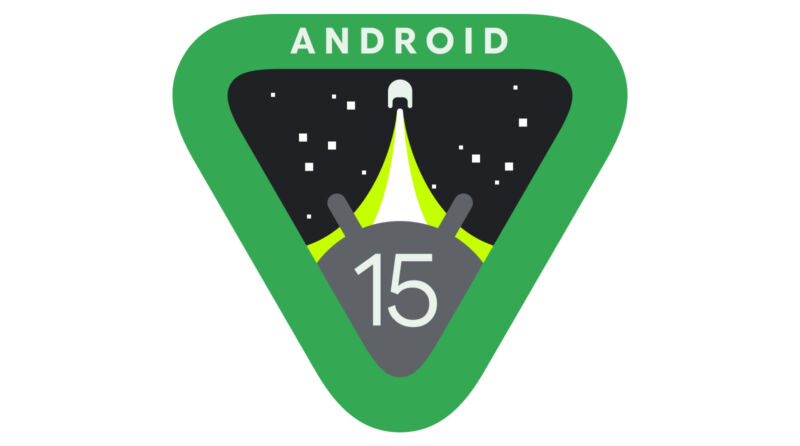
Google's I/O conference is still happening, and while the big keynote was yesterday, major Android beta releases have apparently been downgraded to Day 2 of the show. Google really seems to want to be primarily an AI company now. Android already had some AI news yesterday, but now that the code-red requirements have been met, we have actual OS news.
One of the big features in this release is "Private Space," which Google says is a place where users can "keep sensitive apps away from prying eyes, under an additional layer of authentication." First, there's a new hidden-by-default portion of the app drawer that can hold these sensitive apps, and revealing that part of the app drawer requires a second round of lock-screen authentication, which can be different from the main phone lock screen.
Just like "Work" apps, the apps in this section run on a separate profile. To the system, they are run by a separate "user" with separate data, which your non-private apps won't be able to see. Interestingly, Google says, "When private space is locked by the user, the profile is paused, i.e., the apps are no longer active," so apps in a locked Private Space won't be able to show notifications unless you go through the second lock screen.
Another new Android 15 feature is "Theft Detection Lock," though it's not in today's beta and will be out "later this year." The feature uses accelerometers and "Google AI" to "sense if someone snatches your phone from your hand and tries to run, bike, or drive away with it." Any of those theft-like shock motions will make the phone auto-lock. Of course, Android's other great theft prevention feature is "being an Android phone."
Android 12L added a desktop-like taskbar to the tablet UI, showing recent and favorite apps at the bottom of the screen, but it was only available on the home screen and recent apps. Third-party OEMs immediately realized that this bar should be on all the time and tweaked Android to allow it. In Android 15, an always-on taskbar will be a normal option, allowing for better multitasking on tablets and (presumably) open foldable phones. You can also save split-screen-view shortcuts to the taskbar now.
-
Left: private space appears at the bottom of the app drawer. Middle: tapping on it brings up a biometric prompt. Right: passing the prompt reveals more apps.Google
-
Theft detection will lock the phone if it detects a rough movement.Google
-
The predictive back gesture will show you where "back" goes.Google
An Android 13 developer feature, predictive back, will finally be turned on by default. When performing the back gesture, this feature shows what screen will show up behind the current screen you're swiping away. This gives a smoother transition and a bit of a preview, allowing you to cancel the back gesture if you don't like where it's going.
Android is only now getting around to implementing this, despite it being a feature that iOS has had for years. It will still be a long road, as individual app developers must opt into it. At least you no longer have to dig into the developer settings to turn it on. Have Android's third-party developers used the two-year rollout to implement the feature in their apps? Mostly no, but we're hoping the Android system apps should at least support it now, and maybe even some Google apps will, too.
Because this is a developer release, there are tons of under-the-hood changes. Google is a big fan of its own next-generation AV1 video codec, and AV1 support has arrived on various devices thanks to hardware decoding being embedded in many flagship SoCs. If you can't do hardware AV1 decoding, though, Android 15 has a solution for you: software AV1 decoding.
You'll never guess who built it: VideoLAN, aka the people who make the extremely popular, plays-everything, open-source VLC media player. Google says, "This support is standardized and backported to Android 11 devices that receive Google Play system updates." That means basically every Android device will now support AV1, which is great not just for phones but cheaper TV boxes as well.
Finally, the second beta isn't just for Pixels. Google says Honor, iQOO, Lenovo, Nothing, OnePlus, OPPO, Realme, Sharp, Tecno, Vivo, and Xiaomi are all shipping betas for certain phones, too. For Pixels, Android 15 Beta 2 should go live sometime today.
reader comments
60